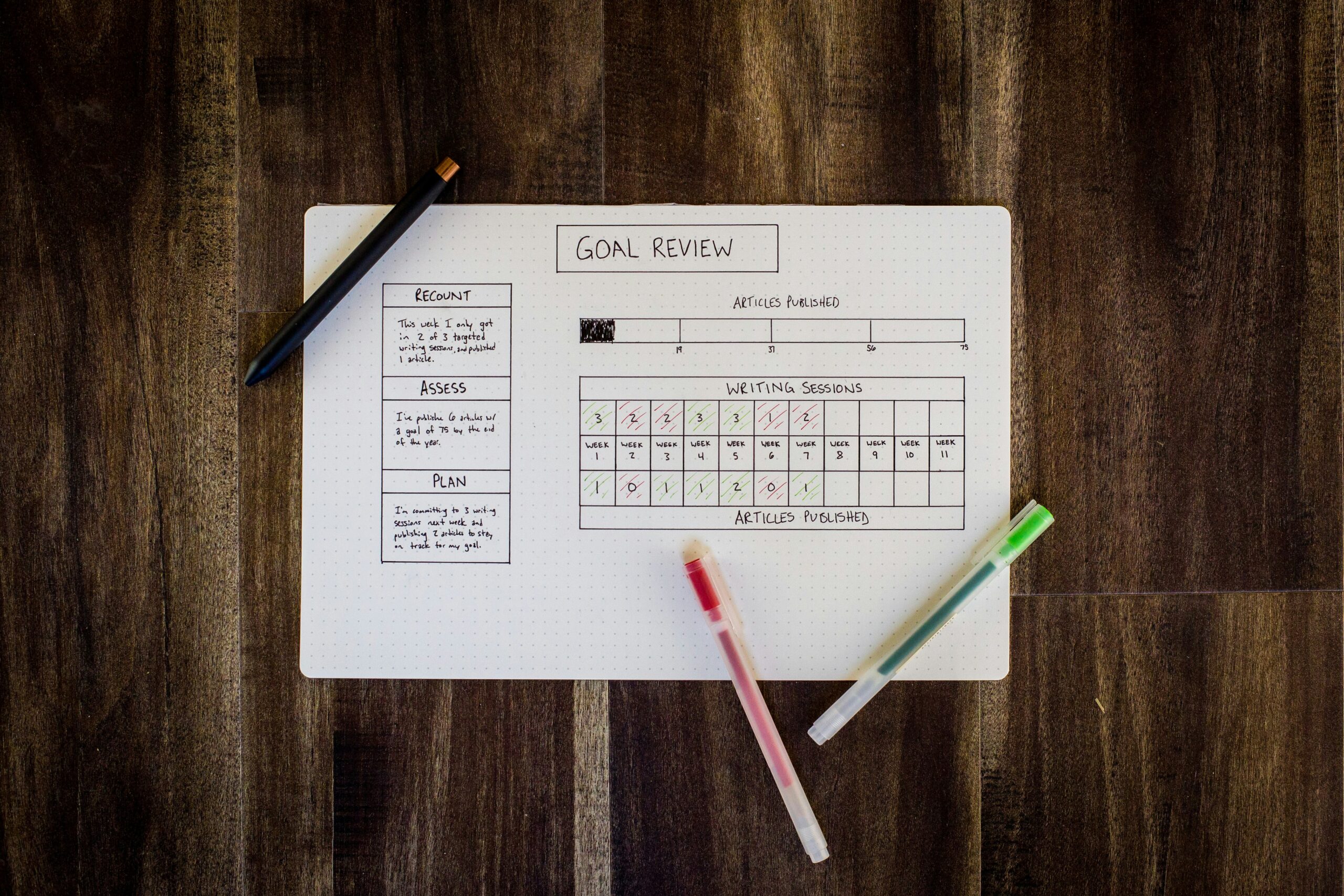It seems that every few years, a personality trait, term, or mental health classification is thrown into the masses. In the 90’s, there was an increase in people being diagnosed with Bipolar disorder. In the 2010s, Attention-Deficit/Hyperactivity Disorder (ADHD) was trending, and recently, narcissism has taken the media by storm.
Taylor Swift is singing about this personality disorder, political figures are tweeting about it, and on the home front, every parent that isn’t respecting a boundary has been labelled a narcissist.
There are a few different schools of thought when talking about personality. Some believe that the personality disorders are long term patterns of experience and behavior that deviate from one’s community. Some believe that personality disorders belong on a spectrum and the severity is determined based on one’s trauma history. Diagnostically, narcissistic personality disorder impacts less than 6.2% of the population. So why are we infatuated with narcissism?
Narcissism is the experience of grandiosity and emptiness at the same time. What is portrayed in the media is someone who exaggerates their talents, feels superior, is condescending, believes they’re of high status, lacks empathy, feels entitled, and is overall arrogant. They label themselves as the “best” in their line of work, even “perfect,” or “gifted.”
These are all clinically significant indicators of narcissism however, what is often missing in the media is the flip side of inadequacy and emptiness. People with narcissism have fragile self-esteem. If viewing narcissism through a trauma lens, I would argue that the grandiose actions are an attempt to protect and defend against those feelings of inadequacy, fear, anxiety, or anger. If these emotions and feelings are masked, a narcissist is able to keep people at arms length and avoid being vulnerable. After all, who wants to be around that person with exaggerated feelings all the time? If a narcissist opens up to be vulnerable and receives criticism or feedback, it will perpetuate their feelings of inadequacy and emptiness, therefore repeating the cycle of the grandiose defenses.
So my call to action for you is this. Be cautious when using terms that aren’t fully understood. Our society likes to label and put people in boxes which can create rifts in families and misunderstandings in the community.






